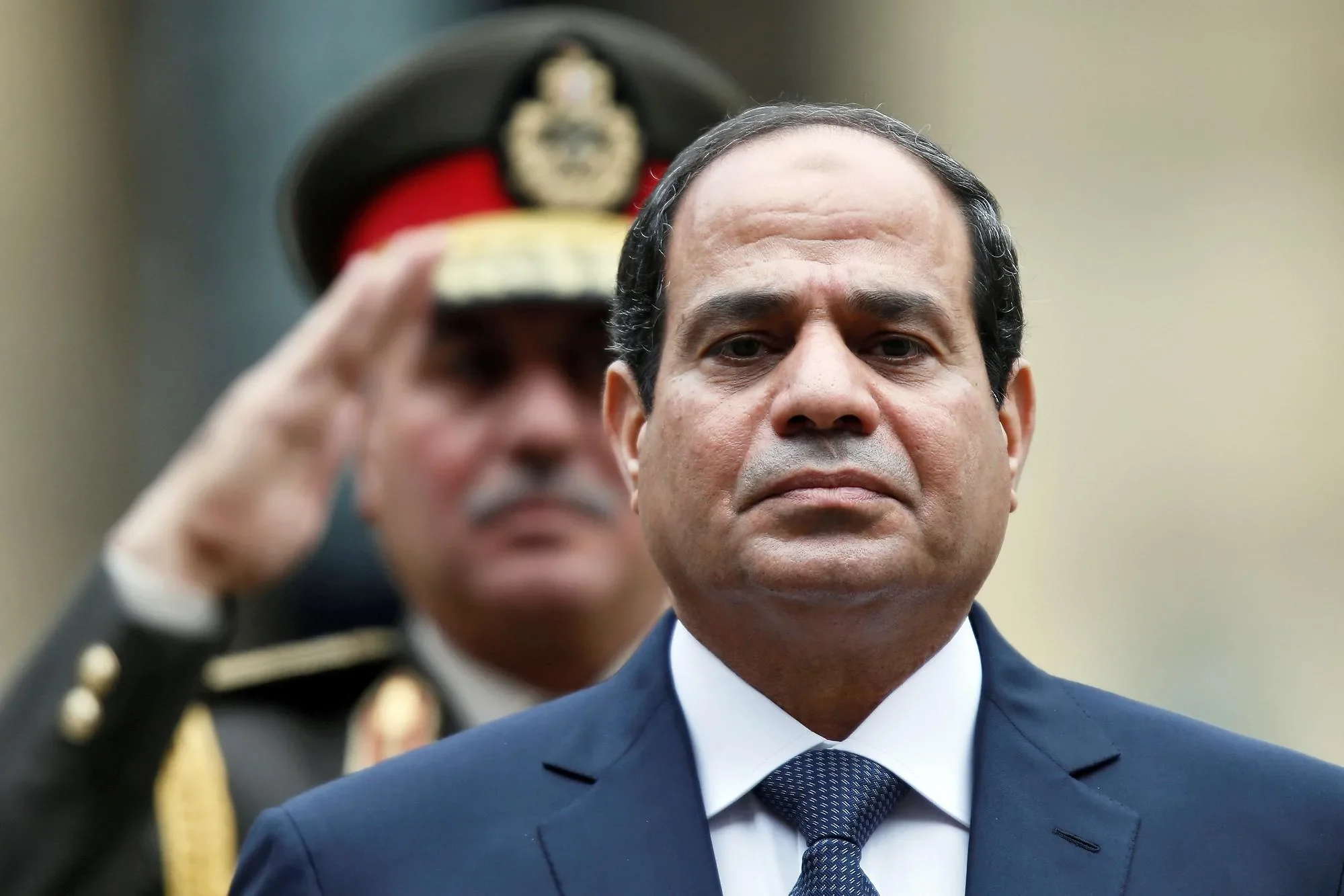Egypt’s Rights Records Raise Doubts over Economist’s Death
The rises and falls in Egypt’s political hegemony have disrupted the structure of human rights in the country, over the years. For several years, the National Council for Human Rights (NCHR) of Egypt remained in abeyance, before the authorities.
The rises and falls in Egypt’s political hegemony have disrupted the structure of human rights in the country, over the years. For several years, the National Council for Human Rights (NCHR) of Egypt remained in abeyance, before the authorities announced its revival a few months ago. However, such initiatives towards addressing the human rights in the country are majorly viewed as hollow. | ||
| ||
One of the reasons for the criticism is growing detention of dissidents, increasing cases of forced disappearances, and the extensive torture of prisoners. A recent case of an economic expert’s death surrounded all these areas of rights violations. Ayman Hadhoud was arrested by authorities on February 6, 2022, after he allegedly attempted to break into an apartment in a neighbourhood in Cairo. | ||
During his interrogation, the prosecutors judged him “incomprehensible” and sent him to a mental health hospital. On March 5, the prosecution was informed that Hadhoud died from cardiac arrest. However, the economist’s family was informed about his death on April 9. They raised doubts and concerns over Hadhoud’s detention, the following events and the delayed notification of his death. | ||
A freelance economic expert, Ayman Hadhoud was also a member of Egypt’s liberal party, Reform and Development party, which has a small presence in the parliament. The party leader, Mohamed Anwar al-Sadat is a part of the state-appointed NCHR. The council urged the prosecutors to look into Hadhoud’s case to identify if he was a victim of forced disappearance. It was also waiting for the autopsy report to check if Hadhoud was subjected to torture before the death. | ||
Two security people gave a statement on condition of anonymity, saying that the economist was allegedly arrested for “spreading false news, disturbing the public peace, and joining a banned group”, referring to Muslim Brotherhood. | ||
| ||
Since Muslim Brotherhood’s Mohamed Mursi was overthrown by Abdel Fattah al-Sisi, crackdown on political dissent has been severe. Besides, dissidents and activists are often targeted with a charge of joining the Muslim Brotherhood group. | ||
In the worsening human rights conditions in Egypt, Ayman Hadhoud’s case comes with numerous questions that still have no answer. The country continues to detain thousands of liberal dissidents and Islamists, who often face poor prison conditions and are subjected to abuse. It remains uncertain if Hadhoud’s story was one of such cases of human rights violation. |

